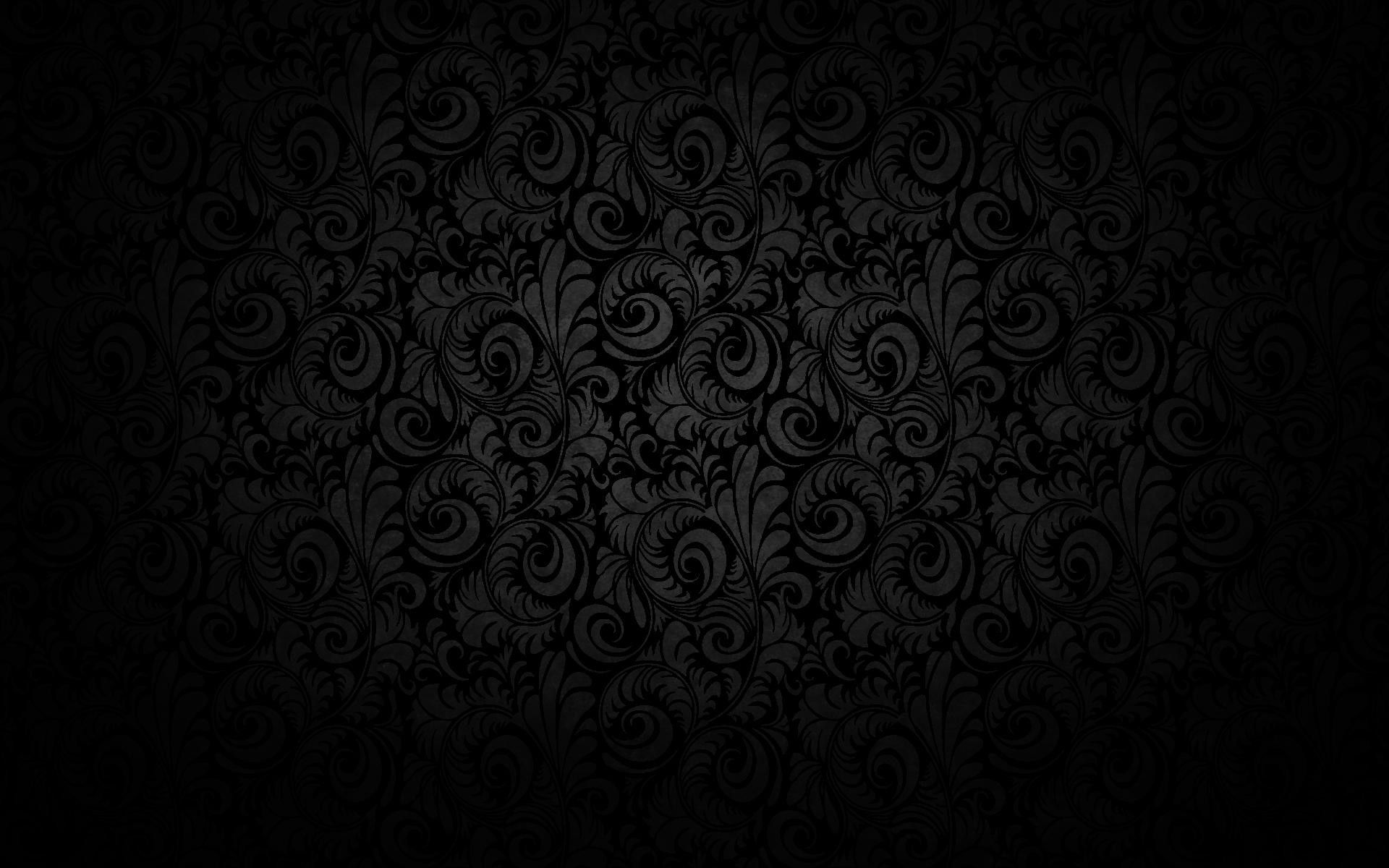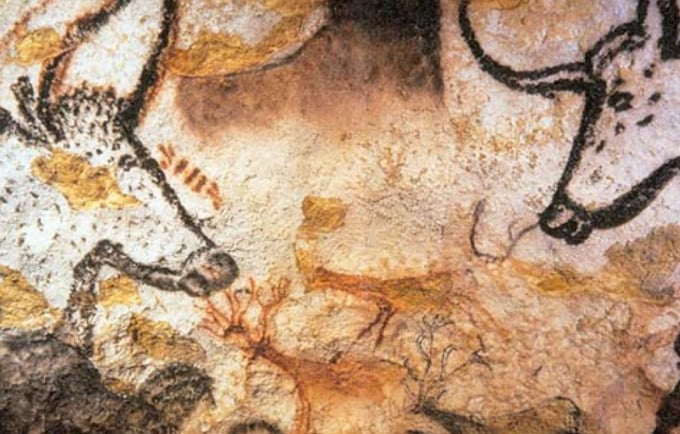
The Curse of Being Creative
Having been ‘cursed by creativity’ all my life, I decided to take a closer look at what being creative actually means.
RHAPSODIES
S.C. Farrow
6/25/20228 min read


Renowned psychologist Professor Jordan Peterson argues that not everyone is creative and that to insist they are, is to devalue the meaning of what it actually means to be creative. Having been ‘cursed by creativity’ all my life, I decided to take a closer look at what being creative actually means.
BEING A CREATIVE
A little while ago I was doing some research for my PhD when I came across the Slavoj Zizek and Jordan Peterson debate, which was held at the Cambridge Union Society in 2018. They discussed many topics, including political correctness, identity politics, and, of course, Marxism and capitalism. Billed as the critical analysis of the debate of the century, it was, by all accounts, a bit of a letdown, with neither man apparently rising to the challenge of their intellectual capacity.
However, this debate did lead me down a bit of a Jordan Peterson rabbit hole. When I say rabbit hole, I mean I watched a few more videos in which he is featured. I still know relatively little about him. I have not read any of his journal articles, research papers, or books. Despite this, I was intrigued by one video in which he discussed the curse of creativity and what it is like to exist as a creative human being. But before I take a deeper look at this video, let’s just take a cursory look at what creativity is and why it matters to us as human beings.
WHAT IS CREATIVITY?
The simple definition of creativity is: the use of imagination or original ideas to create something new; inventiveness. [1] However, no matter where you search for a definition, it generally refers to creativity in an artistic sense. Creativity is defined by researchers as a deliberate and identifiable process in which a unique and utilitarian product is created.
Opportunities for creative expression are not equally available or distributed in society. Society commonly discriminates against certain groups that might otherwise produce creative practitioners. Adding to that is the fact that historically, western societies have been ambivalent about, or even opposed to, identifying and nurturing creative talent [2], which is totally ironic now that ‘creative’ has hit the top ten list of soft skills required by modern employers. Creativity has become one of the most important assets people can have in the fast-paced and ever-changing 21st century.
In his extensive research on creativity, psychologist Professor James C. Kaufman developed the 4C Model of Creativity. In this model, he proposed that the ‘Little C’ of creativity measures ‘everyday’ creativity, i.e., whipping up a dinner without a recipe. Next comes the ‘Mini C’ where you are deliberately creative, i.e., making up a story or sewing a new dress. Next is ‘Pro C’ where you use your creativity to earn a living. And finally, there’s the ‘Big C’ or eminent creativity. This is reserved for people of legendary status, those who have made a lasting impression in their specific field of creativity.
So, does that mean we’re all creative? That it's possible for all of us to reach the level of Pro C? Or better yet, Big C?
BABY, WE WERE BORN THIS WAY, WEREN'T WE?
Around 40,00 years ago, Homo sapiens began decorating the walls of their east European caves with pictographs of Ice Age animals, as well as making shell bead necklaces and inventing tools made of stone or bone, which led to the ‘innovative’ thought process that characterises our species today. This kind of creativity didn’t emerge all of a sudden; rather, this ability to create developed as various natural and biological factors merged and developed over thousands of years.
Interestingly, new evidence, uncovered over the past decade, suggests that our ability to formulate new ideas evolved much earlier than previously thought; however, our capacity for creativity smouldered for millennia before catching fire amongst the populations in Africa and Europe. The spectacular cave art of the Upper Paleolithic period clearly indicates the presence of people who thought as we do. More importantly, archaeologists have long viewed the use of symbols as the single most important indicator of modern human cognition, in large part because it attests to a capacity for language - a uniquely human trait. [3]
In the past, creativity was typically associated with people who were engaged in various artistic fields of endeavour. These days, the meaning of creativity is much more diverse and universal and can be applied to people in every industry on the planet, as, by definition, creativity is about using your imagination to create something new in the world.
So, are we all born creative or not?
Peterson argued that creativity isn’t necessarily all that it’s cracked up to be and that the reason there are non-creative people is because creative people often died. Creative people do risky things and attract attention from people who would rather they weren’t creative risk takers who attracted attention. Creative people are revolutionary. And tyrants don’t like revolutionaries because they almost always reveal truths that tyrants would prefer remain hidden. While this is so true, and so relevant, Peterson’s most eye-opening revelation was how challenging it is for creative people to ‘monetise’ their creativity. He observed that artists have a “hell of a time surviving” and that creativity is a “double-edged” blessing.
These days, Peterson observed, non-creative people are being increasingly replaced by machines because anything that requires creativity can’t really be turned into an algorithm (which raises questions about art and literature that is being created by AI (artificial intelligence), but that’s a topic for another post) and so the demand for creative people in the corporate world is increasing; However, despite this demand, it’s difficult for the corporate world to support creative people because ‘systems’ do not nurture creativity. They are the antithesis of creativity.
And here’s the crux of Peterson’s argument. We often hear people say that everyone is creative. Peterson disagrees. Believes it’s wrong, just as wrong as saying everyone is an extrovert. He argues that being creative means you have to be smart; otherwise, remembering that the definition of creativity includes the ability for innovation, you will just arrive at what other people have already arrived at. You also have to have the capacity for divergent thinking, which is an inherent trait. They are “highly motivated to do creative things, to experience novelty, to chase down aesthetic experiences, to visit museums and art galleries, to enjoy poetry, to enjoy unconventional music, etc. These aren’t trivial differences. And so, it’s a real misstatement to make the proposition that everyone is creative.” He likens this labelling to suggesting that everyone is intelligent and that doing so devalues the meaning of what it means to be intelligent. If you can apply the term or label to everyone, it no longer has any meaning. Therefore, Peterson argues, creative people really are different from non-creative people.
For centuries, the Buddhists used creativity tests (known as koans) to select gifted and talented candidates for training. The ancient Chinese and Japanese people identified their geniuses by asking them to create poems. [4]
Despite Peterson’s argument, some researchers believe that creativity is not a gift that has been bestowed upon a lucky few and that it is possible to unearth the creativity we had as children, revitalise the creativity that was somehow buried or forgotten as we grew into adulthood and meet the requirement of falling in line with society’s demands. Yet other researchers believe that creativity is something that can be taught and/or learned.
THE CREATIVE PROCESS
How many times have you heard a story about someone coming up with a brilliant idea while standing in the shower? More than once, I’m sure. However, it’s a cliché that is rooted in more than just anecdotal accounts.
Creative discoveries are often the result of a process that begins with thinking about a problem and how that problem might be solved, followed by a period of time in which you stop thinking about the problem. The actual lightbulb on, problem-solving moment, comes after that period of not thinking about it, and often when you are doing something mundane like standing at the kitchen sink doing the dishes or standing in the shower washing your hair, or in that moment between sleeping and waking from a dream. It’s in that non-thinking stage, which is considered to be the incubation stage, where the magic happens, and our unconscious mind gets to work on the problem ‘behind the scenes’. [5]
SO, WHAT DOES ALL OF THIS MEAN?
As an author, it’s no longer enough to just write. The old adage of ‘build it and they will come’ or, in our case, ‘write it and they will read’ simply no longer applies. The reality is that these days, authors are responsible for a large part of their own promotion. You can apply all of your creativity to writing the book, but the reality is that you then have to get someone interested in reading it or will simply sit on a shelf or lie in a box gathering dust. When you’ve finished writing your manuscript, you’ll need to have it edited and/or proofread. You’ll also need to have a website and a social media presence that have followers who are not just family and friends. Then, when your book is finally published, you’ll need to promote, promote, promote.
And this is the point Peterson is making when he says that monetising creativity is virtually impossible.
The average income derived from practicing as an author in Australia is $12,900 per year[6] - if you’re lucky. Nine times out of ten, authors need additional sources of income to survive. Very few authors can afford to be in it for the money.
As a child, I was never good at anything other than creative/artistic things. And while I have been employed in ‘regular’ jobs all my life, these regular jobs have, at times, almost killed me. And I don’t mean that flippantly. Many of those jobs were soul crushing enough to make me contemplate the nature of my existence and the ultimate purpose of my relatively short life here on Earth. So, when I heard Jordan Peterson speak about what it means to be a creative person, I understood what he was saying. Completely.
Peterson likened creative people to fruit trees that are constantly bearing fruit. And just as a fruit tree cannot prevent itself from bearing fruit, neither can creative people prevent themselves from being creative. He said that if creative people can’t create, they are miserable. More than that, without that vitality, they will literally wither on the vine and die. They have no choice but to create, despite whatever attempts society might make to suppress this need within them.
And so, creatives are cursed with living in that space between needing to create and needing to eat. It’s a state of being that many people do not understand.
But it’s not all bad! There are definitely some positives to being creative. It affords you experiences that other people might not have. It pushes you to explore things that others might not be game enough to explore. And best of all, you get to create things, which is the point of being creative! It doesn’t matter how many people see it, watch it, or read the thing that you create—just being able to create it is the reward itself.
Peterson says, “don’t be thinking that creativity is something you would want to curse yourself with.” Creativity is a curse, but it is also a blessing. Creating things is what creative people live for. And if you’re anything like me, you will live for that blessing.
[1] https://www.lexico.com/definition/creativity
[2] https://onlinelibrary.wiley.com/doi/10.1002/j.2162-6057.1992.tb01175.x
[3] https://www.scientificamerican.com/article/the-origin-human-creativity-suprisingly-complex/
[4] Donna Y. Ford & J. John Harris III, The Elusive Definition of Creativity
[5] ttps://www.frontiersin.org/articles/10.3389/fnhum.2014.00215/full#:~:text=To%20conclude%2C%20several%20studies%20suggest,with%20creative%20ideas%20and%20solutions. [6] https://www.smh.com.au/entertainment/books/australian-authors-earn-only-12900-from-their-writing-a-new-report-says-20151006-gk2ft4.html
Creative
Creativity
Creative writing

© 2026. All rights reserved
In the spirit of reconciliation, we acknowledge the Traditional Custodians of Country throughout Australia and the Torres Straight Islands and their connections to land, sea, and community. We pay our respects to elders past and present and extend that respect to all First Nations and Torres Strait Islander peoples today.
ABN: 19 569 432 238





